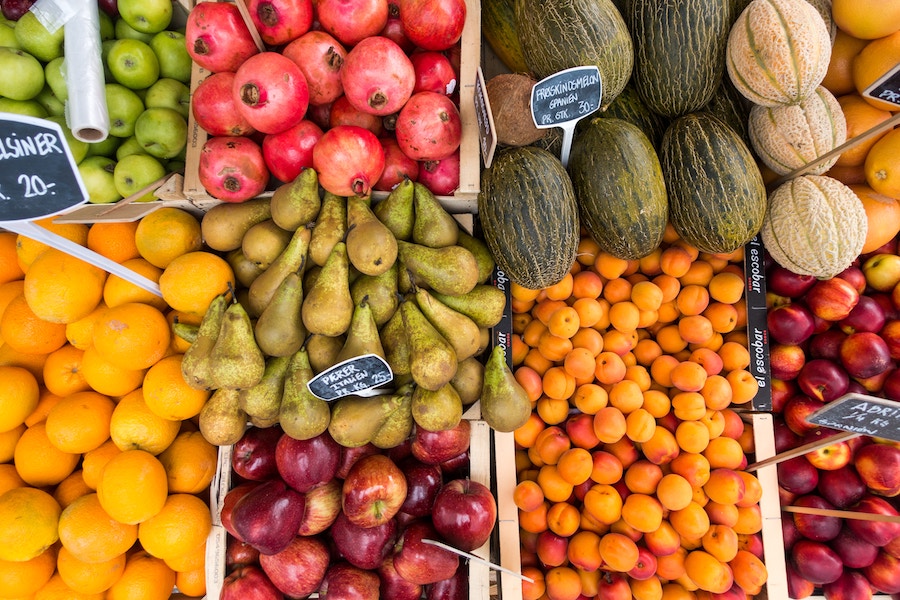
Luxury Retirement Living Sarasota
What Are the Benefits of Seasonal Eating?
- March 24 2025
- Sarasota Bay Club
.jpg)
These days, it’s easy to find nearly any fruit or vegetable on grocery store shelves year-round. But eating seasonally—choosing foods that are naturally in harvest during a given time of year—offers real benefits for your health, your taste buds, and the environment. In Florida, our long growing season offers an incredible range of options, but even here, not everything peaks at the same time.
So what exactly is seasonal eating—and why should it matter to you?
What Is Seasonal Eating?
Seasonal eating means enjoying foods at their natural harvest time. Instead of relying on produce grown in distant regions or artificial conditions, you choose fruits and vegetables that thrive locally during specific seasons. In Florida, that might mean juicy tomatoes and crisp cucumbers in the spring, or hearty squash and sweet citrus in the winter. It’s a way of eating that celebrates both freshness and regional flavor.
5 Reasons to Eat with the Seasons
1. More Flavor, More Variety
Seasonal produce is harvested at its peak, when it’s most flavorful and nutrient-rich. When you eat seasonally, you get a constantly rotating menu of fruits and vegetables throughout the year. It's not just about eating healthier—it's about enjoying food that tastes the way nature intended.
2. Naturally More Nutritious
Crops grown in-season don’t need as much artificial intervention. They develop in ideal conditions, which helps preserve their nutritional value. Out-of-season produce is often picked early and ripened artificially, leading to diminished taste and fewer nutrients by the time it hits your plate.
3. Good for the Planet
Eating in-season often means eating local, which significantly cuts down on the energy needed for transportation and refrigeration. Imported and hot-house-grown produce comes with a higher environmental cost. Choosing seasonal food helps reduce your carbon footprint and supports a more sustainable food system.
4. Fewer Chemicals, Less Processing
Long-distance produce often requires preservatives, waxes, or chemicals to survive the journey and stay fresh-looking. Locally grown, seasonal options skip the heavy processing and give you a cleaner, more natural product.
5. Supports Your Body’s Natural Needs
There’s a reason citrus is abundant in the winter—it’s rich in vitamin C, which helps support immunity. In the summer, fruits with high water content, like watermelon and peaches, help with hydration. Seasonal eating isn’t just about what’s growing—it’s about what your body naturally craves.
Eating with the seasons is a simple way to feel more connected to your health, your community, and the planet. It encourages variety in your diet, adds excitement to mealtime, and supports local farmers who are working with, not against, nature.
You don’t need to overhaul your entire diet. Start small: visit your local farmers market, try a new vegetable, or swap one item on your grocery list for something in season. You might be surprised how much better your meals taste and your body feels.









Leave your thought here
Your email address will not be published. Required fields are marked *